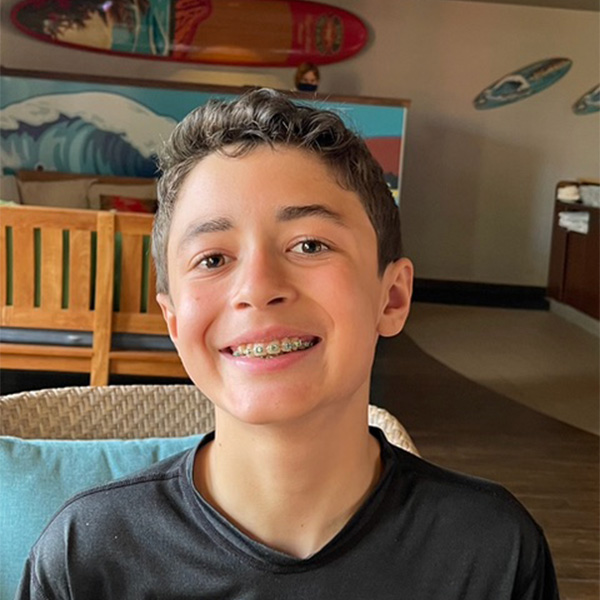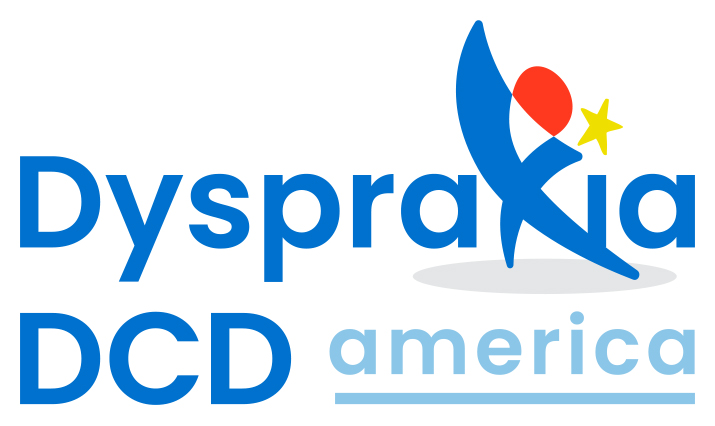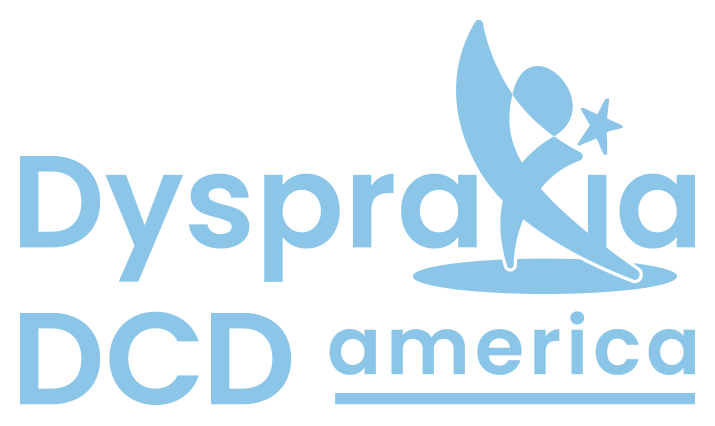
Gabriel is smart with a quick wit. He is particularly good at reading people, which explains why he is both extremely empathetic and not as patient with those whom he determines are not very authentic. He is dogmatic when it comes to learning things that interest him — whether it is coding or basketball — no matter the time commitment. He is also very sociable and has many friends.
Importantly, he is your typical teenage boy with an atypical neurological condition, which he understands will always be part of him but by no means does it define him.
When did you become aware that there was something unique about your child? What did you notice?
Although our son made eye contact, was very social, laughed, ate well and even began speaking relatively early, he wasn't hitting his physical milestones. For example, he never pulled up, crawled or sat upright unassisted. Just after his first birthday, he still wasn't hitting the physical milestones — he wasn't walking or crawling and would only be able to sit up from a prone position if his legs were held down; otherwise, he would jack knife. At first, we attributed his inability to do many of these things because he was such a good eater and as a result, quite chubby.
How did you address any challenges your child was having at home, school, or work (include any therapies received, if you’re comfortable sharing)?
Although our son's pediatrician brushed off his delays and assured us that each child developed at their own pace, we trusted our instincts and advocated for early intervention with Early Steps (providing an evaluation and physical therapy).


When he was three years old, we had him examined and evaluated by a pediatric neurologist at Miami Children's Hospital where our son was diagnosed with Developmental Coordination Disorder — Dyspraxia. We also had intervention with Child Find, occupational therapy, speech therapy and cognitive behavioral therapy (CBT).
Which therapies/approaches were most effective?
Physical therapy, occupational therapy, speech therapy and later CBT.
Gabriel answered the final 2 questions:
What coping strategies do you find most helpful in your daily life?
When I feel like something or someone is preventing me from accomplishing something, I will play basketball because it reminds me that even though I have Dyspraxia, I can still participate in activities that neuro-typical people participate in.
What would you like others to understand about Dyspraxia/DCD?
That Dyspraxia/DCD shouldn't hold you back from doing things. A diagnosis can help you understand why things are different for you. That Dyspraxia/DCD does not mean you can't do things, it just means that you may need more repetition of certain things over a longer period of time to participate in neuro-typical activities.


